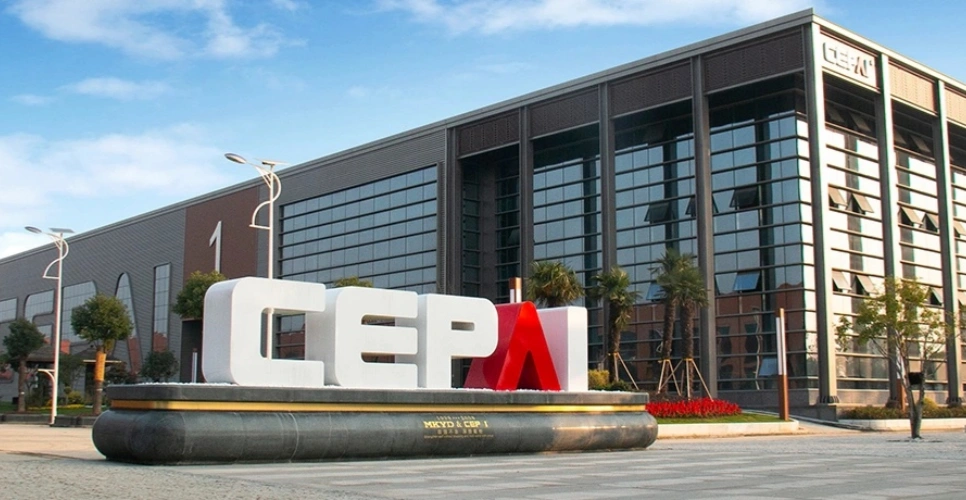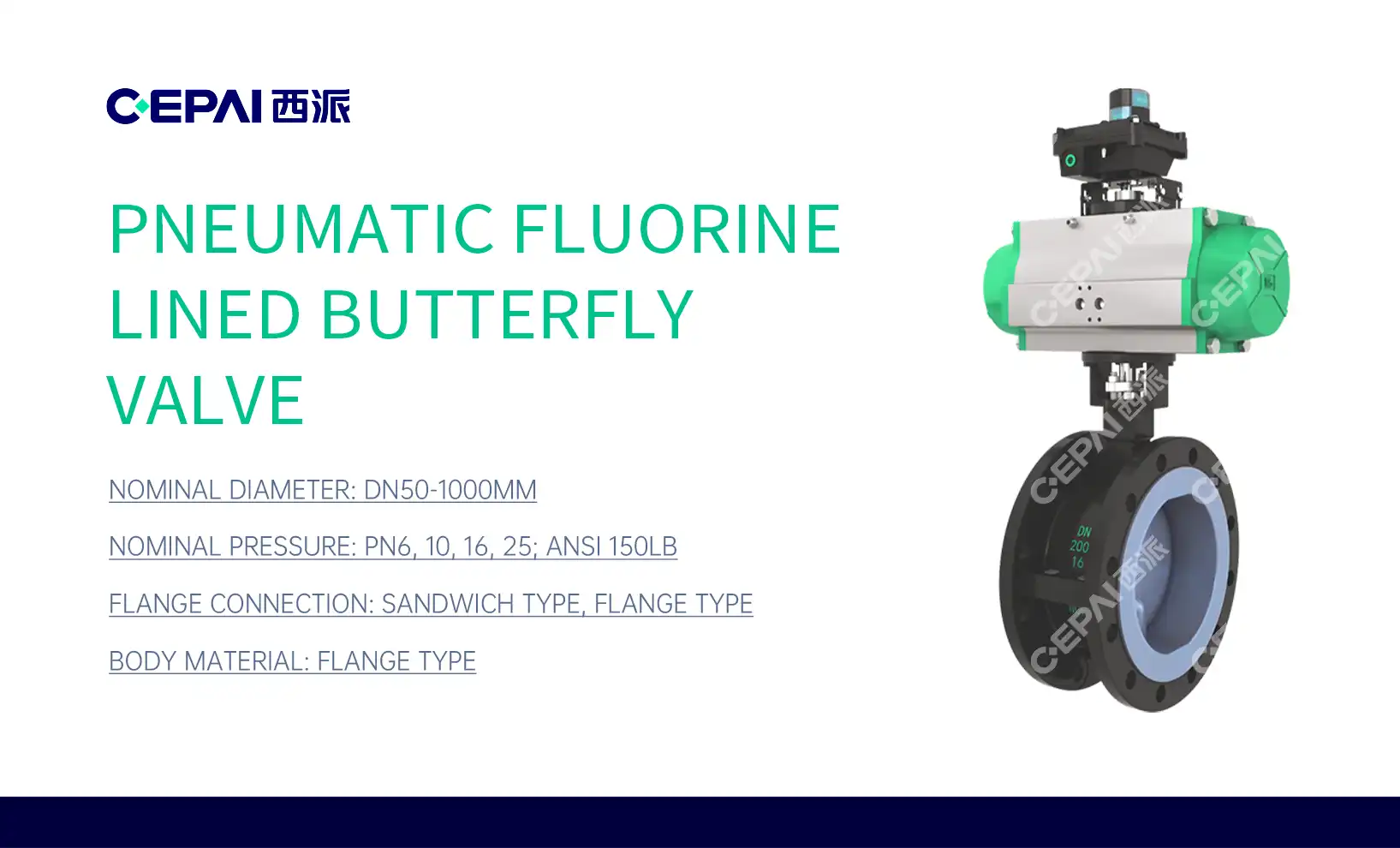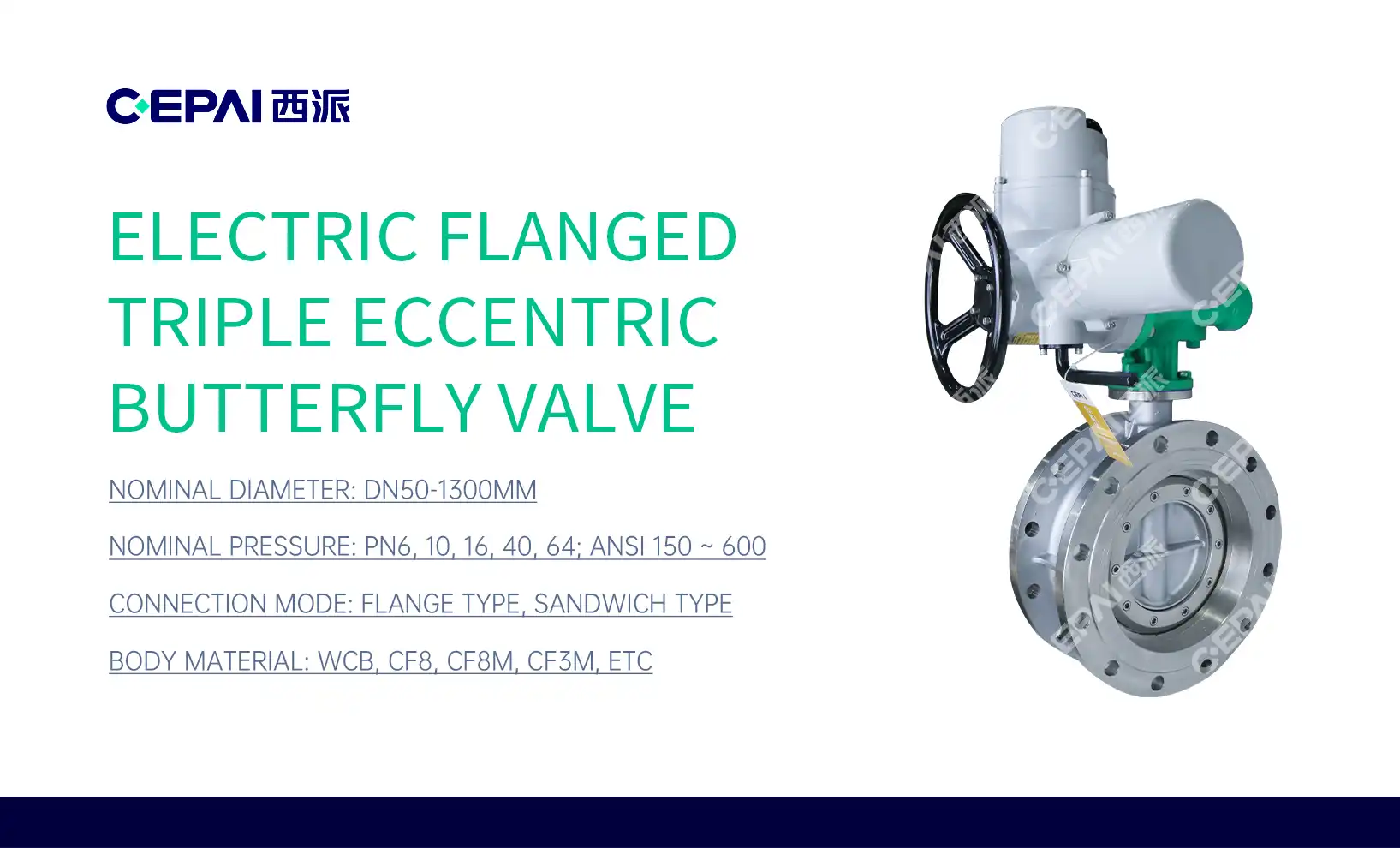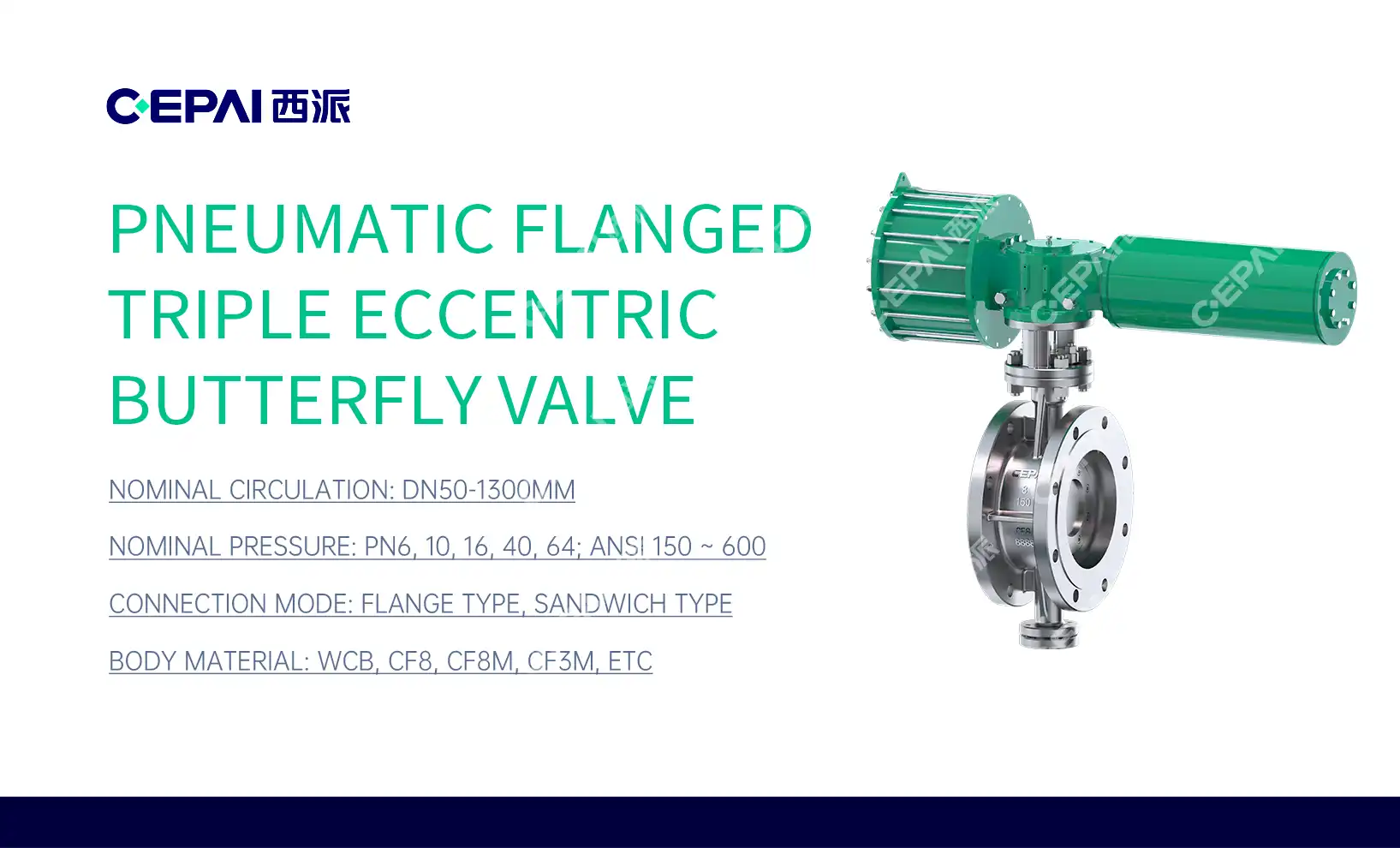Understanding Metal Bellows in Valve Applications
Structure and Design of Metal Bellows
Metal bellows are engineered with precision to meet the demanding requirements of valve applications. These components typically consist of thin-walled, convoluted tubes made from highly resilient materials such as stainless steel, Inconel, or Hastelloy. The unique accordion-like structure allows for axial compression and extension, providing flexibility while maintaining structural integrity under pressure.
The design of metal bellows incorporates several key features that contribute to their effectiveness in valves:
- Convolution profile: Carefully calculated to optimize strength and flexibility
- Wall thickness: Balanced to ensure durability without compromising responsiveness
- End fittings: Engineered for seamless integration with valve components
- Material selection: Tailored to withstand specific operating conditions and media
These design elements work in harmony to create a component that can withstand extreme temperatures, pressures, and corrosive environments while maintaining its sealing properties.
Functionality in Valve Systems
In valve systems, metal bellows serve multiple functions that are essential for optimal performance:
- Pressure balancing: By equalizing pressure across the valve, bellows reduce the operating force required and enhance control precision.
- Leak prevention: The hermetic seal provided by metal bellows ensures zero leakage, critical in applications handling hazardous or valuable media.
- Thermal compensation: Bellows absorb thermal expansion and contraction, maintaining seal integrity across a wide temperature range.
- Vibration dampening: The flexible nature of bellows helps absorb mechanical vibrations, protecting sensitive valve components and reducing wear.
These functionalities make metal bellows an invaluable component in bellows control valves, contributing significantly to their reliability and precision in regulating flow.
Benefits of Incorporating Metal Bellows in Valves
The integration of metal bellows into valve design offers numerous advantages:
- Extended service life: By absorbing stress and preventing direct contact between moving parts, bellows reduce wear and extend valve lifespan.
- Improved safety: The zero-leakage seal provided by bellows is crucial in handling hazardous materials, enhancing overall system safety.
- Enhanced performance: Bellows enable more precise control and faster response times in flow regulation.
- Reduced maintenance: The durability of metal bellows translates to fewer repairs and replacements, lowering long-term operational costs.
- Versatility: Bellows can be customized to suit a wide range of valve sizes, types, and operating conditions, making them adaptable to various industrial applications.
These benefits underscore the importance of metal bellows in modern valve technology, particularly in high-performance bellows control valves used in critical processes.
Enhancing Sealing Capabilities with Metal Bellows
Zero-Leakage Sealing Technology
One of the most significant advantages of incorporating metal bellows in valves is the achievement of zero-leakage sealing. This technology is particularly crucial in industries where even minimal leakage can lead to substantial losses or safety hazards. The hermetic seal provided by metal bellows is unparalleled in its effectiveness.
Key aspects of zero-leakage sealing technology include:
- Continuous barrier: Metal bellows form an uninterrupted barrier between the valve stem and the environment, eliminating potential leak paths.
- Dynamic sealing: The flexible nature of bellows allows for effective sealing even during valve movement, maintaining integrity in dynamic conditions.
- Pressure-assisted sealing: In many designs, system pressure actually enhances the sealing effect of the bellows, improving performance at higher pressures.
This technology is particularly valuable in bellows control valves used in high-purity processes, where contamination must be strictly prevented.
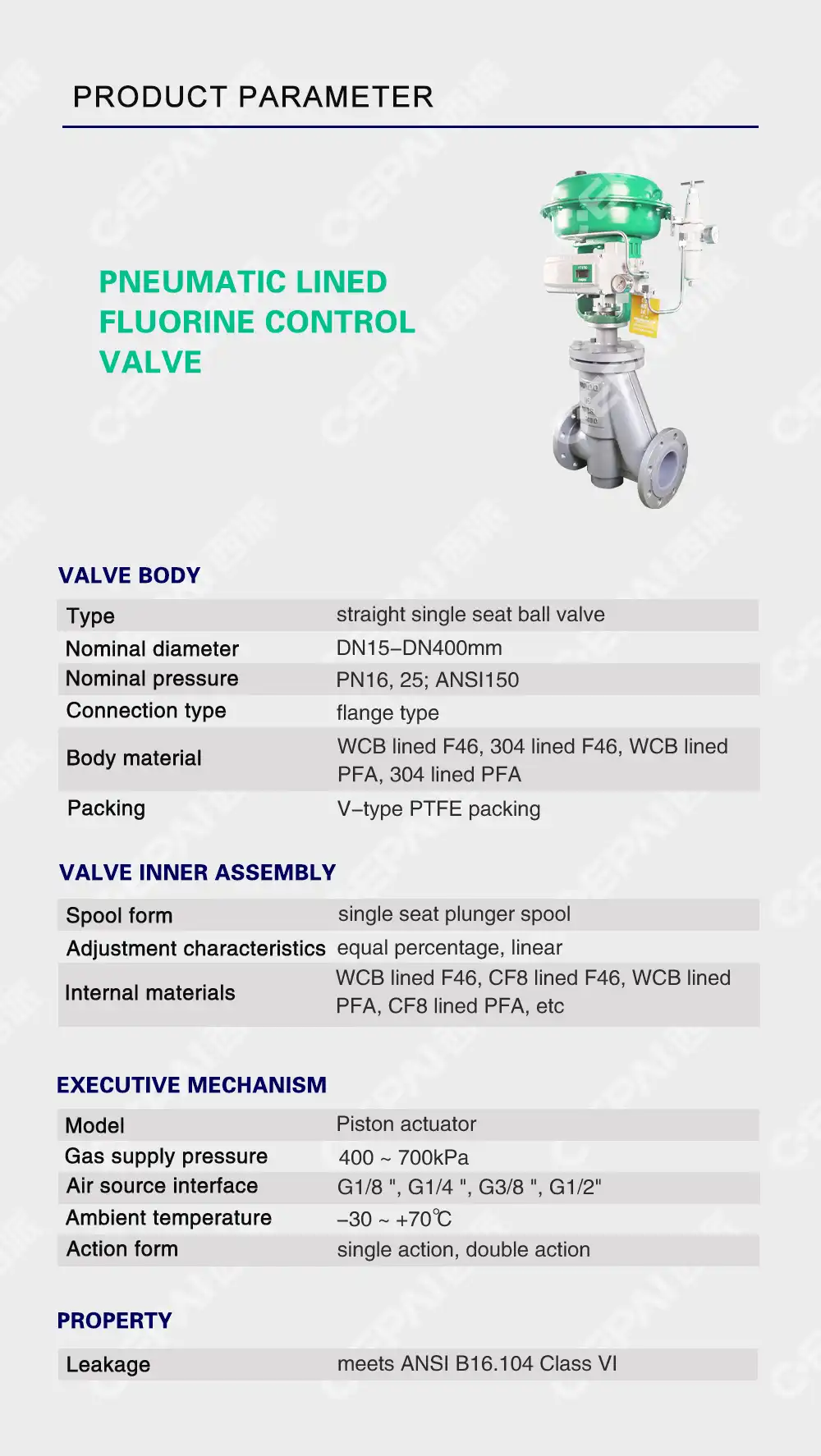
Pressure Balancing and Stem Sealing
Metal bellows play a crucial role in pressure balancing within valve systems. This function is essential for maintaining consistent performance and reducing the actuator force required to operate the valve. The pressure balancing mechanism works as follows:
- The bellows isolate the valve stem from process pressure.
- Internal pressure is equalized across the valve plug, reducing the net force acting on it.
- This balanced state allows for smoother operation and more precise control.
Additionally, the stem sealing provided by metal bellows is superior to traditional packing methods:
- Elimination of packing wear: Traditional stem packing is prone to wear and requires periodic adjustment or replacement. Bellows eliminate this issue.
- Reduced friction: The absence of packing reduces friction on the valve stem, allowing for more responsive and accurate control.
- Consistent performance: Unlike packing, which can degrade over time, bellows maintain their sealing properties throughout their service life.
These features make bellows control valves particularly suitable for applications requiring high precision and reliability.
Thermal Expansion Compensation
In valve applications involving extreme temperature variations, metal bellows serve a critical function in compensating for thermal expansion. This capability is essential for maintaining seal integrity and preventing leaks or mechanical stress. The thermal expansion compensation mechanism of metal bellows operates as follows:
- Axial flexibility: The bellows can extend or compress to accommodate changes in the length of valve components due to temperature fluctuations.
- Material selection: High-performance alloys used in bellows construction maintain their properties across a wide temperature range.
- Stress absorption: By flexing, the bellows prevent the buildup of thermal stress that could lead to component failure or seal breakdown.
This feature is particularly valuable in industries such as oil and gas, where valves may be subjected to both extreme heat and cold. The ability of bellows control valves to maintain their sealing effectiveness across diverse temperature conditions contributes significantly to their reliability and longevity in demanding environments.
Durability and Longevity of Metal Bellows in Valve Applications
Material Selection for Extreme Conditions
The durability of metal bellows in valve applications is heavily dependent on the careful selection of materials. Engineers must consider a range of factors to ensure the bellows can withstand the specific challenges of their intended environment. Key considerations in material selection include:
- Corrosion resistance: Materials like Hastelloy and Inconel offer superior resistance to corrosive media, essential in chemical processing and offshore applications.
- Temperature tolerance: Certain alloys maintain their mechanical properties at extreme temperatures, crucial for valves in high-temperature or cryogenic services.
- Fatigue resistance: Materials with high fatigue strength are selected to withstand the repeated flexing inherent in bellows operation.
- Compatibility with process media: The chosen material must not react with or be degraded by the fluids or gases it will contact.
Advanced metallurgical techniques and alloy development continue to expand the range of environments in which metal bellows can operate effectively, enhancing the versatility of bellows control valves across diverse industrial applications.
Fatigue Life and Cycle Testing
The longevity of metal bellows in valves is closely tied to their fatigue life – the number of flexing cycles they can endure before failure. Rigorous cycle testing is conducted to ensure bellows meet or exceed the operational requirements of their intended application. This testing process typically involves:
- Simulated operational conditions: Bellows are subjected to pressure, temperature, and movement cycles that mimic real-world usage.
- Accelerated life testing: Compressed timeframe testing to predict long-term performance and identify potential failure modes.
- Stress analysis: Advanced computational methods are used to analyze stress distribution and optimize bellows design for maximum fatigue resistance.
- Quality control: Stringent manufacturing processes and material inspections ensure consistency and reliability in production.
The results of these tests inform design improvements and material selections, continuously enhancing the durability of metal bellows in valve applications. This commitment to quality and performance testing is a hallmark of leading bellows control valve manufacturers.

Maintenance and Inspection Protocols
While metal bellows significantly reduce maintenance requirements compared to traditional valve sealing methods, proper care and inspection are still crucial for maximizing their service life. Effective maintenance and inspection protocols for bellows in valve applications typically include:
- Regular visual inspections: Checking for signs of corrosion, distortion, or damage to the bellows exterior.
- Leak testing: Periodic tests to confirm the integrity of the bellows seal, especially in critical applications.
- Performance monitoring: Tracking valve operation parameters to detect any changes that might indicate bellows degradation.
- Predictive maintenance: Utilizing data from inspections and performance monitoring to schedule maintenance or replacement before failure occurs.
- Proper handling and installation: Training for personnel on correct procedures to prevent damage during valve maintenance or replacement.
By adhering to these protocols, operators can ensure the continued reliability and performance of bellows control valves, maximizing the return on investment and minimizing downtime in critical processes. The longevity achieved through proper maintenance further underscores the value of metal bellows in enhancing valve durability and operational efficiency.
Conclusion
Metal bellows have revolutionized valve technology, offering unparalleled sealing capabilities and durability. Their integration into bellows control valves has set new standards for performance in challenging industrial environments. By providing zero-leakage sealing, pressure balancing, and thermal compensation, metal bellows significantly enhance valve reliability and efficiency. The careful selection of materials, rigorous testing, and proper maintenance ensure these components deliver long-lasting performance under extreme conditions. As industries continue to demand higher standards of safety, efficiency, and environmental protection, the role of metal bellows in valve applications becomes increasingly vital.
Contact Us
Experience the superior performance and reliability of CEPAI Group's advanced bellows control valves. Our cutting-edge designs incorporate the latest in metal bellows technology, ensuring unmatched sealing and durability for your most demanding applications. Contact us today at cepai@cepai.com to discover how our innovative valve solutions can optimize your operations and reduce long-term costs.

_1746598531170.webp)
